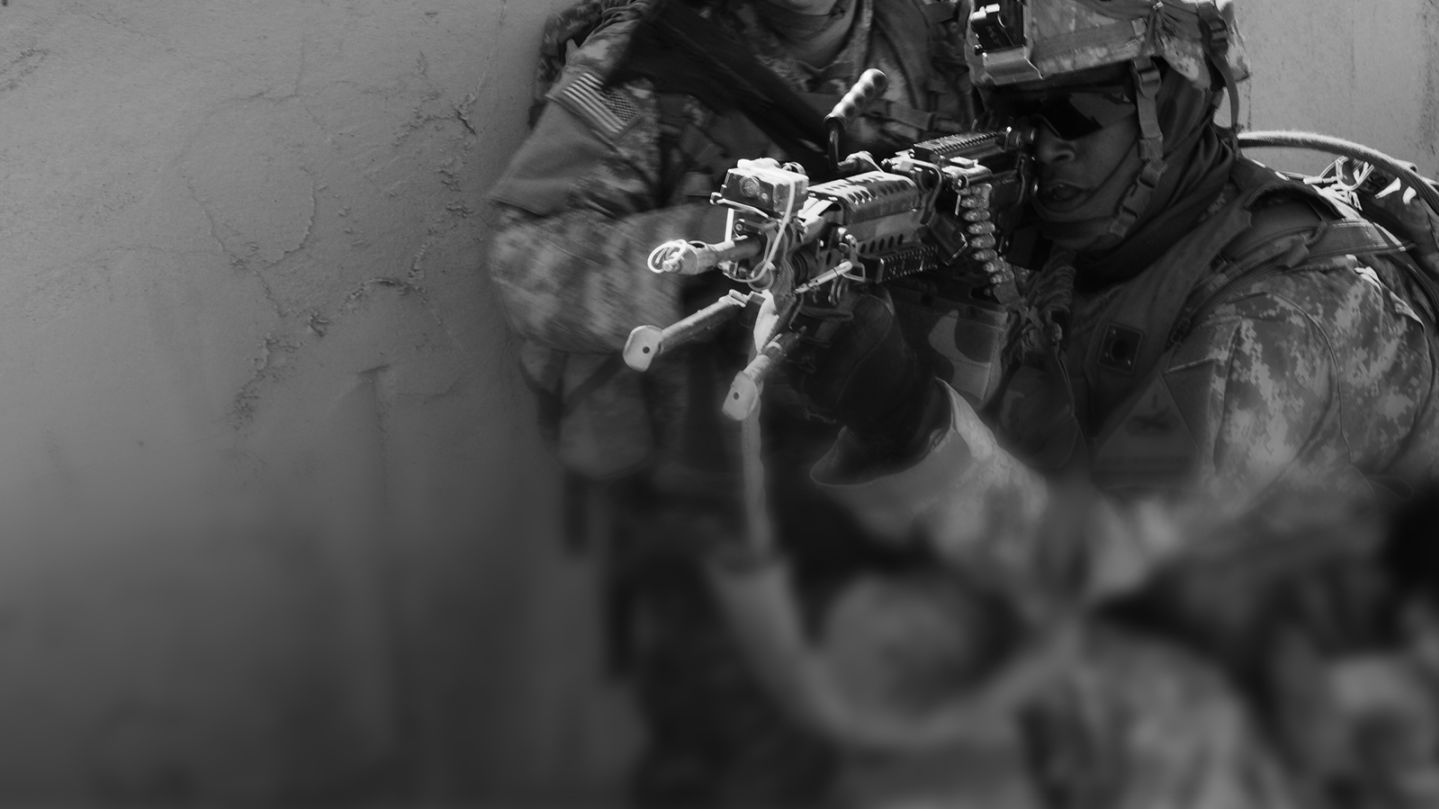The US military carried out two strikes against the Taliban overnight in support of Afghan forces in the Kandahar province, multiple defense officials said, targeting captured equipment.
The military has retained the authority to carry out strikes in support of the Afghan National Defense and Security Forces (ANDSF) during the final stages of the withdrawal of US troops, but the pace of these strikes has decreased in recent weeks. According to a defense official, the US military has carried out approximately six or seven strikes in the past 30 days, mostly using drones to launch the strikes. Previously, the US launched strikes in support of Afghan forces on a more frequent basis, a different defense official said.
“I can say that in the last several days, we have acted through airstrikes to support the ANDSF, but I won’t get into technical details of those strikes,” Pentagon press secretary John Kirby said at a press briefing Thursday.
Three of the last four strikes have targeted captured equipment, one official said. This includes US equipment transferred to the ANDSF that the Taliban then captured as it advanced throughout the country.
This latest development is an indication of the success the Taliban has had as it sweeps across the country, pushing back the Afghan military and taking over significant swaths of territory as the US nears the ends of its withdrawal.
US Central Command, which is in charge of Afghanistan, said recently that the withdrawal of US forces is more than 95% complete. President Joe Biden has said the withdrawal would be complete by the end of August. Approximately 650 troops are set to remain in the country to secure the US diplomatic presence in Afghanistan, including the embassy, and to assist in securing Kabul’s international airport, which is a necessary facility for the movement of diplomats.
On Wednesday, Joint Chiefs Chairman Gen. Mark Milley said the Taliban held approximately 212 or 213 of the country’s 419 districts. Although the Taliban had not captured any of the 34 provincial capitals, it had surrounded half of them in an attempt to isolate key population centers, Milley said.
“Strategic momentum appears to sort of be with the Taliban,” Milley said. The Afghan military was consolidating its forces to protect the provincial capitals and Kabul, Milley said. The Eid holiday has led to a lull in the fighting, Milley added, but he noted that the situation throughout the country would become clearer following the holiday.
“There’s a possibility of a complete Taliban takeover or a possibility of any number of other scenarios, breakdown, warlordism, all other kinds of scenarios that are out there. We’re monitoring very closely, I don’t think the end game is yet written,” he said.
The airstrikes come as the Biden administration is preparing to evacuate the first group of tens of thousands of Afghan interpreters and their families who are applying for special immigrants visas (SIVs) to move to the US. Many fear for their lives from the Taliban because of their assistance to the American military presence in Afghanistan.
At least a portion of the first group of 2,500 Afghans who are in the final phases of their SIV applications will be housed at Ft. Lee in Virginia, Kirby said earlier this week. The relocation could occur as early as next week, sources said.
Earlier this month, the top US general in Afghanistan stepped down as the military withdrawal nears it completion. Gen. Austin Scott Miller transferred his command authorities to Gen. Kenneth McKenzie, the leader of US Central Command, in a ceremony in Kabul two weeks ago. The transition of command authorities is a key milestone in the US military withdrawal from Afghanistan.
Miller, who was the longest-serving US commander throughout America’s nearly two decades of military involvement in Afghanistan, has repeatedly voiced concern about the pace of the Taliban’s territorial gains and the potential for civil war in the country once the US military campaign is complete.
As he handed off leadership responsibilities, Miller noted the escalating violence driven by Taliban attacks and emphasized that it will not help establish a political agreement with the Afghan government.
“I’m one of the US military officers who’s had the opportunity to speak with the Taliban,” Miller said. “And I’ve told them … it’s important that the military sides set the conditions for a peaceful and political settlement in Afghanistan. We can all see the violence that’s taking place across the country. But we know that with that violence, what is very difficult to achieve is a political settlement.”





















